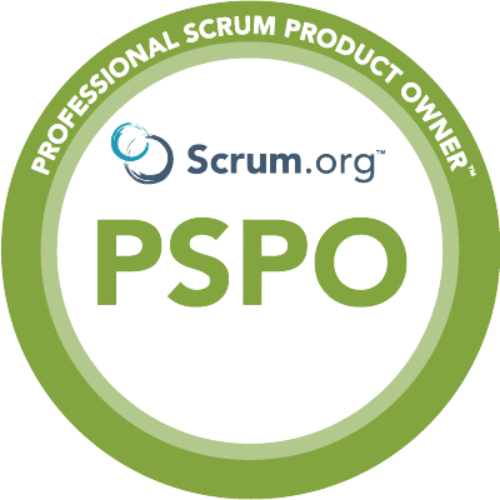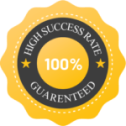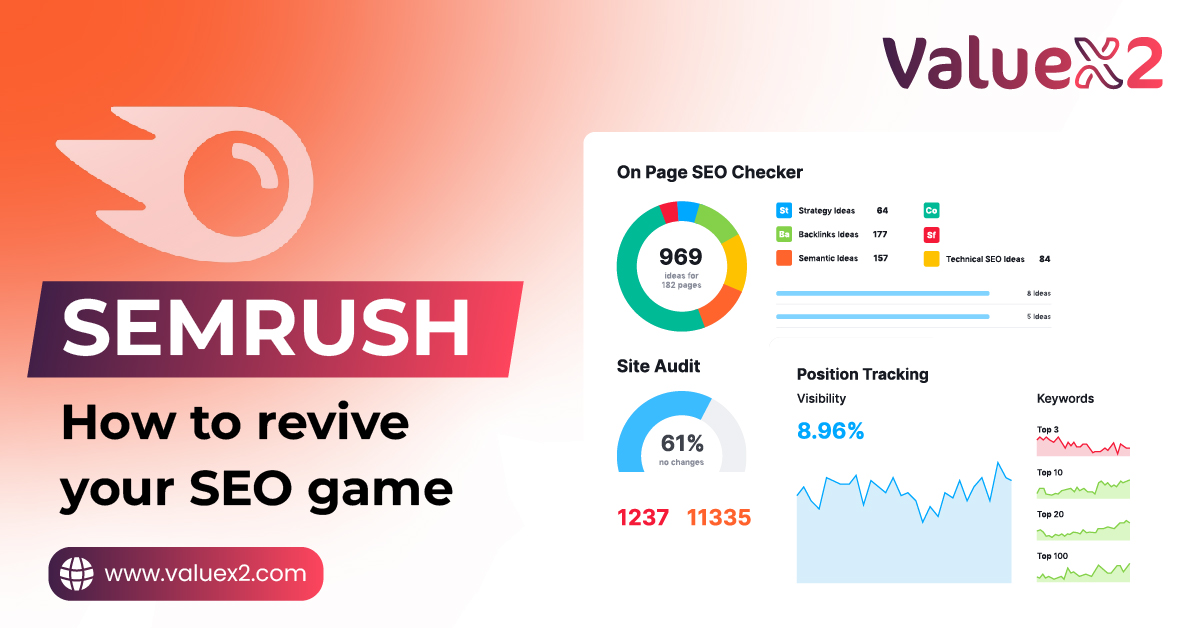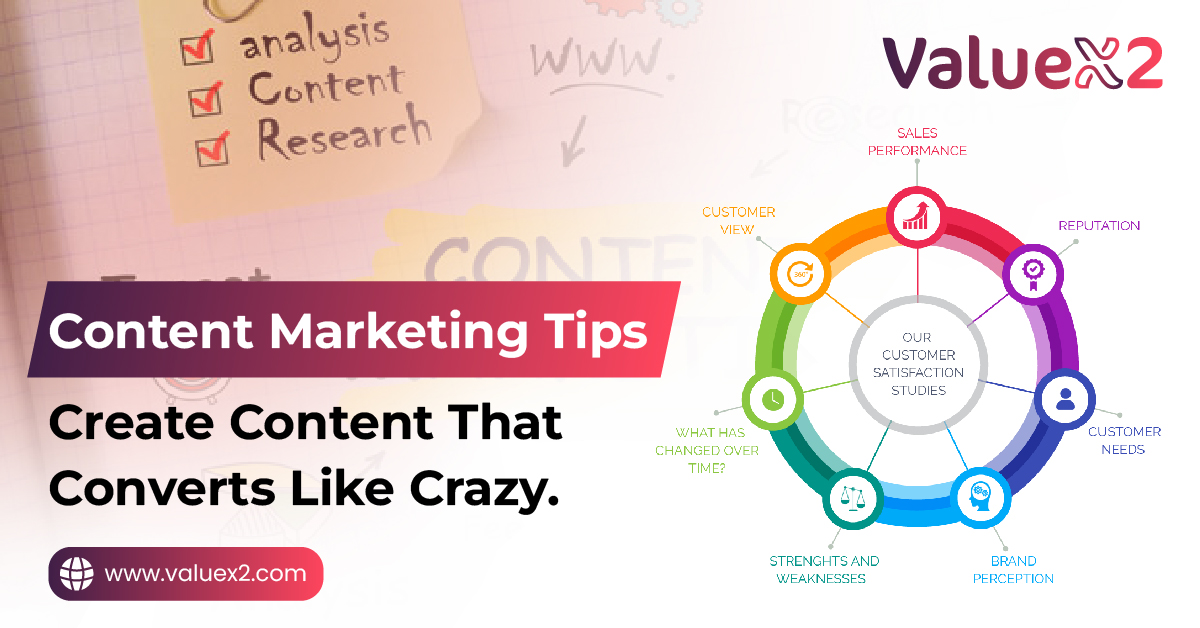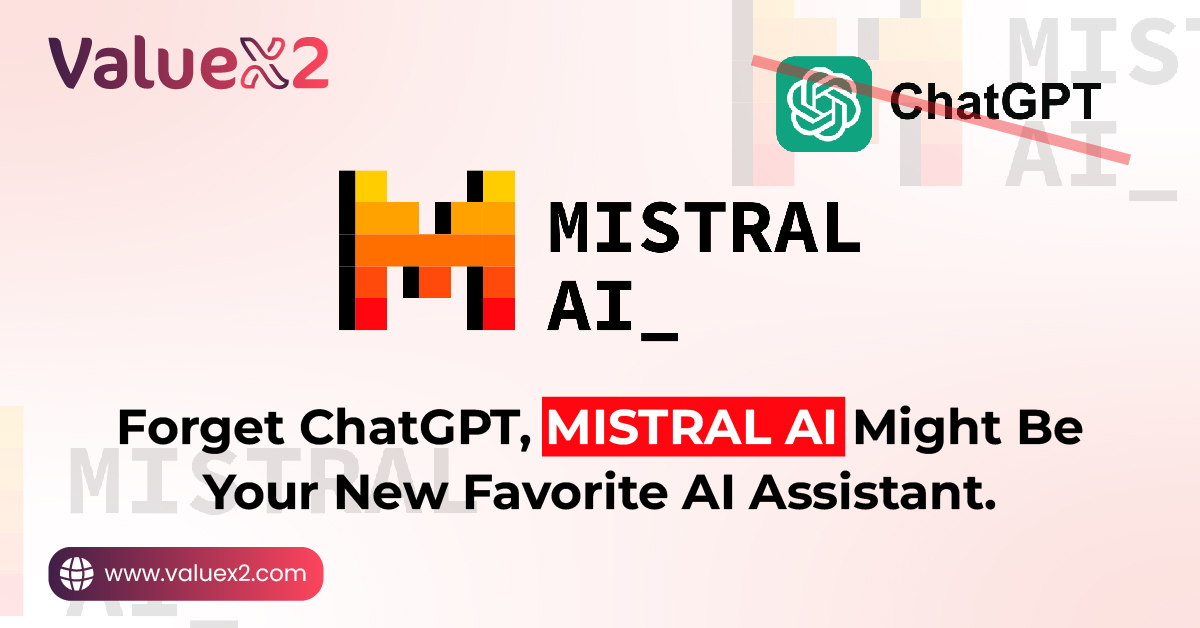Professional Scrum Product Owner™ (PSPO™) certification course overview
This is a 2-day Professional Scrum Product Owner certification course that empowers the product owners to get a good hold on the value drivers for the products and also helps in developing a sense of how to use Scrum and Agile to maximize the value. The PSPO course trains you to be a real product owner and have an entrepreneurial mindset utilizing the needed tactics and strategies.
After completing the Professional Scrum Product Owner™ training, you can take the PSPO exam and get level I certified. The course focuses on collating strategy and execution, using value, vision, and validation. With the Valuex2 training, you are trained to pass the PSPO exam in the first attempt itself. Once you clear the PSPO exam and get certified, it indicates that you have a good understanding of the Scrum framework and can apply the acquired knowledge in the real-world scenarios and boost the value delivered with a product. The Professional Scrum Product Owner certification also your seriousness towards professional development and commitment towards Scrum practice.
What Will You Learn in Professional Scrum Product Owner™ (PSPO™) Training?
- What is the role of a product owner?
- How to manage products with Agility?
- How to develop and delivery products professionally?
- How to promoting an Agile work culture?
- How to track successful delivery using metrics?
- How to handling a scrum project successfully?
What is Included in the Professional Scrum Product Owner™ (PSPO™) Training Fees?
- 2-Day Live Instructor-Led Online Training
- Training by apex Professional Scrum Trainers (PSTs)
- Professional Scrum Product Owner™ (PSPO™) certification exam fees included
- Professional Scrum Product Owner™ (PSPO™) certificate and digital badge
- Digital Course Workbook
- Earn 16 PDUs and 16 SEUs in just 2 days
- Platform access to e-Learning Modules and Curated Members-Only Content
Upcoming training schedule
Events
Can’t find the training date you are looking for?
Contact us today for more date options.
Who should attend the Professional Scrum Product Owner™ (PSPO™) training?
The following professionals will benefit from the Professional Scrum Product Owner™ (PSPO™ I) course:
- Project Managers
- Product Owners
- Developers
- Product Managers
- Architects
- Software Development Managers
- Business Analysts
What Does Professional Scrum Product Owner™ (PSPO™) Do?
- Understands the role of a product owner in the Scrum framework.
- Develops and maintains the product backlog that points out the priorities of the stakeholders.
- Works with stakeholders to ensure that product requirements meet the needs and expectations.
- Collaborates with the Scrum Teams so that product backlog is prioritized, refined, and usable for the Sprint.
- Boosts the product value by ensuring that right features are developed and delivered on time.
- Monitors the overall progress of the development team and tweaks the product backlog as and when required so that product meets the business goals.
ValueX2 Experience
Industry-leading trainers
Our expert trainers are industry leaders with several years of expertise.
100% pass rate with exam support
We offer post-training support to help you prepare for your exam with a 100% pass rate guaranteed.
Real-world case studies
We educate with real-world examples and practical cases to help you connect theory with practice at your work.
Best Price Promise
We deliver the best value in the market for certification training experience.
15% discount on future training
We offer our alumni a 15% exclusive discount for any future training.
Free Coaching & Consulting
Post training, we offer free one-hour consulting and four months of email support to answer your exam, career, and coaching queries.
What Are The Professional Scrum Product Owner™ (PSPO™) course objectives?
- Execute the product owner’s role optimally for increased business agility
- Emphasize on value of product over project mindset
- Utilize Scrum to bridge business strategy and product executing
- Representing product owner as an Agile Product Manager
- Understand Empiricism and Scrum Principles
- Know Product Owner’s accountabilities on the Scrum team
- Align teams for business strategy, Product Goal, Sprint Goal, and product vision
- Effectively communicate product vision, business strategy, and Product Goal
- Learn Product Backlog Management, Release Management, and Forecasting techniques
- Figure out metrics to track value creation and successful product delivery
- Innovate techniques to interact with stakeholders, customers, and members of the Scrum team
Professional Scrum Product Owner™ (PSPO™) Exam Pattern
- Format – Multiple Choice, Multiple Answer, True/False
- Number of Questions – 80
- Time limit – 60 minutes
- Exam cost per attempt - First attempt is included in training fees. Any subsequent attempt costs $200 per attempt
- Passing score – 85%
- Recommended courses – Professional Scrum Product Owner
- Includes free Credly digital credential
- Practice Assessment – Included in training fees
- Passwords have no expiration date but are of use for one attempt only
- Lifetime PSPO™ I certification validation and no annual renewal fee required
Steps to get PSPO™ I certified

- Step 1: Register for Professional Scrum Product Owner™ I (PSPO™ I) certification training on ValueX2.com
- Step 2: Attend a 2 day live virtual or in-person training
- Step 3: Attempt the online certification exam on Scrum.org (cost included in training fees)
- Step 4: Get a minimum score of 85% (68 out of 80 questions correct)
- Step 5: Receive your Professional Scrum Product Owner™ I (PSPO™ I) certification and a digital badge to share
- Step 6: Continue with your Scrum and Product Management journey and explore further training to upskill and make a difference!
What is the course content for PSPO™ Training?
● Agile Product Management
● Value-Driven Development
● Scrum Theory
● Product Manager Responsibilities
● Product Owner Leadership Qualities
● Knowing Business Values including KPIs
● Product Strategy
● Product Backlog Management
● Planning and Forecasting
● Measuring Business Value
● Stakeholder Management
● Managing Product Changes
● Scaling Product Ownership
● Release Management

